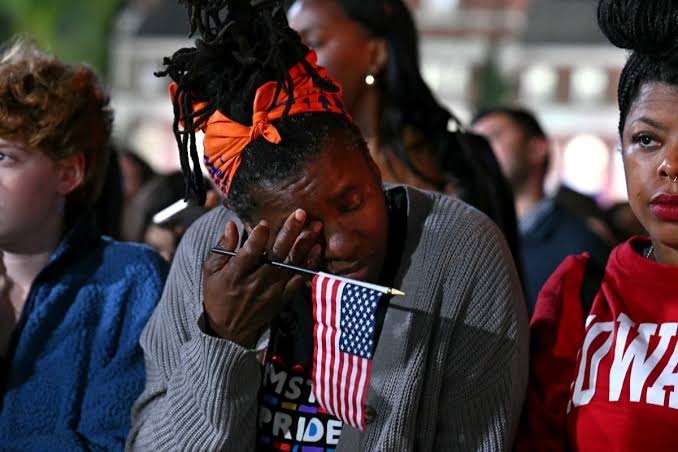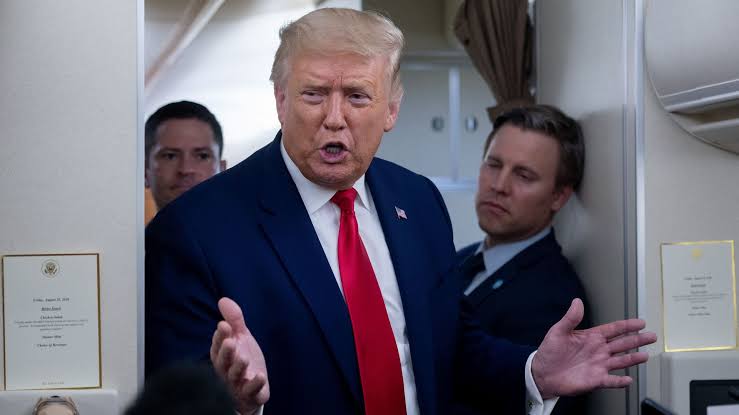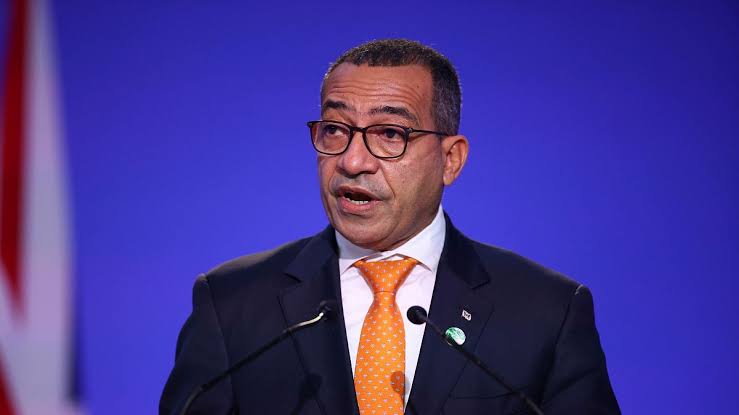
Faith Nyasuguta
Black Americans are facing their highest unemployment rate since the height of the Covid-19 pandemic, sparking growing concern among economists and civil rights leaders. According to data released by the U.S. Department of Labor on August 1, the jobless rate for Black Americans rose to 7.2% in July 2025 – a sharp rise from earlier this year, and far above the national average of 4.2%.
The numbers are particularly alarming for Black women, over 300,000 of whom have lost their jobs in just the first half of this year. This deepening economic divide is now being seen by experts as an early warning of broader instability in the U.S. economy.
“Black workers, and particularly Black women, show up as a canary in the coal mine,” said Jessica Fulton, senior fellow at the Joint Center for Political and Economic Studies. “They give a picture of what may happen to everyone else later.”

Experts are pointing to three key reasons for this surge in unemployment among Black Americans:
1. A Sign of a Weakening Economy
Black Americans are often overrepresented in temporary, contract, and low-wage jobs, which makes them more vulnerable during economic downturns. As inflation bites and interest rates stay high, many companies are pausing hiring or cutting staff. Businesses are also grappling with higher costs due to President Donald Trump’s renewed tariff regime, which experts say is pushing employers to slow expansion or delay recruitment.
2. DEI Under Attack
Trump’s administration has dismantled Diversity, Equity, and Inclusion (DEI) programs across the federal government since his return to office in 2025. This rollback has echoed in the private sector, where major employers like Meta, Walmart, and McDonald’s have scaled down DEI initiatives.
Andre Perry of the Brookings Institution says the anti-DEI agenda has contributed to an “antagonistic posture against the Black workforce,” possibly discouraging companies from hiring Black professionals, especially women.

3. Federal Layoffs Disproportionately Hit Black Workers
Black Americans have historically found stable employment in government positions. But Trump’s push to drastically reduce the size of the federal workforce has struck a major blow. His shutdown of the Department of Education – which employed a large percentage of Black workers – has only worsened the situation. Black workers, who make up around 18% of the federal workforce despite being just 13% of the general population, are bearing the brunt of these cuts.
Andre Perry summed up the issue: “The layoffs at the federal level, the impacts of tariffs on small businesses that hire Black women, and the use of DEI as a slur – all of these factors are probably at play.”
With Donald Trump in office, and his administration doubling down on government downsizing and anti-DEI policies, Black communities across the U.S. are facing deepening economic uncertainty. Analysts warn that the surge in Black unemployment may not only signal a crisis within these communities – but could foreshadow broader trouble ahead for the entire U.S. economy.
RELATED:








